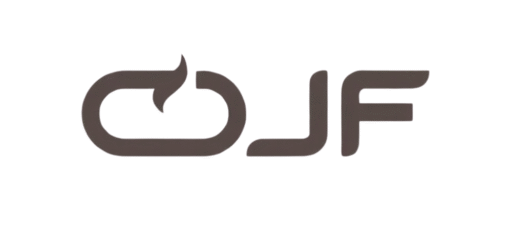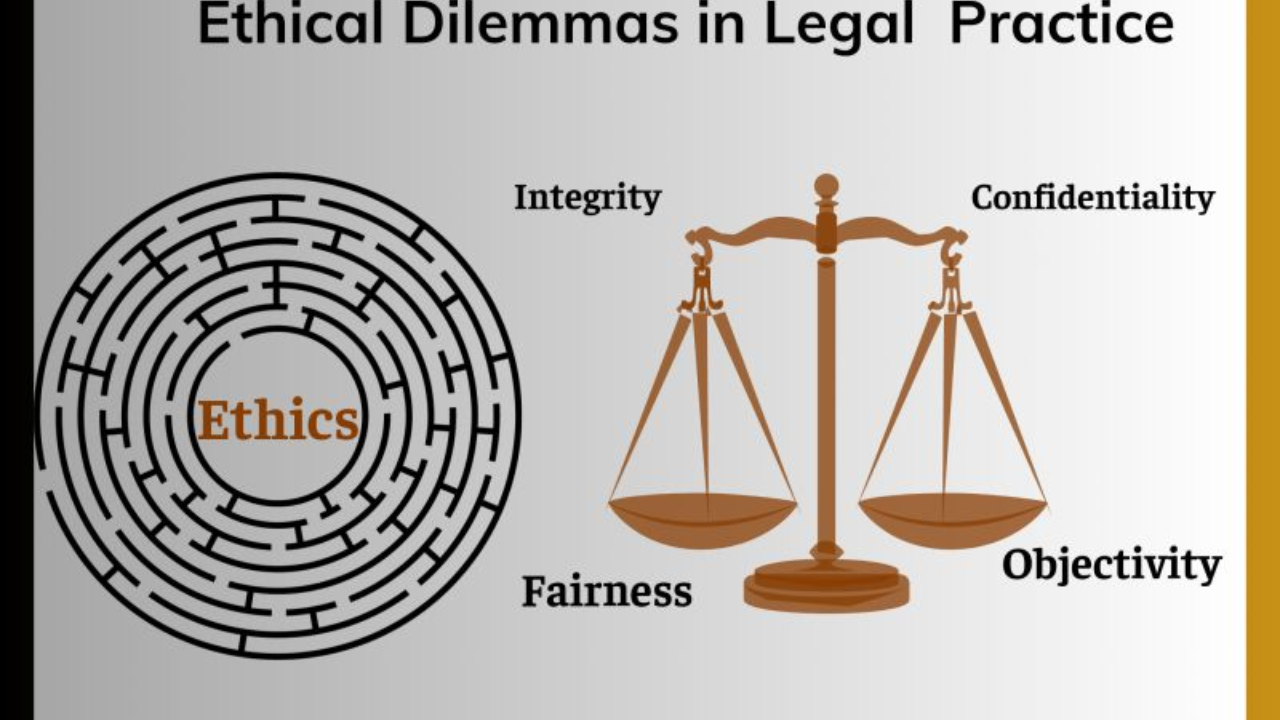
In democratic societies, legal authority is essential to maintain order, enforce laws, and protect rights. However, unchecked authority can easily blur the line between justice and authoritarianism. Balancing legal authority with ethical boundaries is critical for preserving the legitimacy of institutions, protecting civil liberties, and ensuring that justice serves the people. This article explores how legal power intersects with ethical limits, the dangers of overreach, and strategies to harmonize enforcement with morality.
Why This Balance Matters
Legal systems derive their power from statutes and constitutional mandates. But authority alone doesn’t ensure fairness—ethics bridge the gap between what is legal and what is right.
Key Reasons Why This Balance Is Critical:
- Prevents abuse of power.
- Builds public trust in institutions.
- Promotes human dignity and rights.
- Ensures justice is delivered fairly.
Major Areas Where Legal Authority and Ethics Clash
- Law Enforcement Tactics
- Legal Authority: Officers may use force to maintain order.
- Ethical Boundary: Use of excessive or discriminatory force violates human rights.
- Real-World Issue: Police brutality incidents undermine public confidence.
- Surveillance and Privacy
- Legal Authority: Governments may conduct surveillance for national security.
- Ethical Boundary: Mass surveillance without consent invades personal privacy.
- Real-World Issue: Programs like PRISM drew global criticism for ethical overreach.
- Judicial Discretion
- Legal Authority: Judges interpret laws and determine penalties.
- Ethical Boundary: Biased rulings or disproportionate sentencing erode fairness.
- Real-World Issue: Sentencing disparities based on race or class.
- Prosecutorial Power
- Legal Authority: Prosecutors decide whether to press charges.
- Ethical Boundary: Selective prosecution can be politically or personally motivated.
- Real-World Issue: High-profile misuse of prosecutorial discretion in political cases.
- Immigration Enforcement
- Legal Authority: States may detain and deport individuals.
- Ethical Boundary: Detaining children or separating families violates humanitarian norms.
- Real-World Issue: Outrage over family separation policies at borders.
Table: Comparing Legal Authority vs Ethical Boundaries
| Domain | Legal Power | Ethical Concern | Impact if Misaligned |
|---|---|---|---|
| Law Enforcement | Use of force, detention | Racial profiling, brutality | Public unrest, erosion of trust |
| Surveillance | National security data collection | Mass privacy invasion | Civil liberties infringement |
| Judiciary | Sentencing and interpretation | Bias, unjust precedent | Loss of judicial integrity |
| Prosecution | Charging and plea bargaining | Discrimination, coercion | Unjust trials, public outcry |
| Immigration | Deportation and detention | Family separation, poor conditions | Human rights violations |
Frameworks and Safeguards for Balance
To maintain an ethical-legal balance, systems must integrate legal accountability with moral oversight.
1. Ethics Committees and Oversight Boards
- Independent bodies should evaluate decisions involving power misuse.
- Regular audits of police and judicial behavior reinforce accountability.
2. Legal Reforms
- Laws should evolve with societal values to close gaps that permit unethical conduct.
- Sentencing guidelines and use-of-force standards must be revisited.
3. Transparency Measures
- Open trials, body cams, and public disclosure reports increase accountability.
- Whistleblower protections ensure unethical practices are revealed safely.
4. Ethics Training
- Mandatory training for judges, police, and prosecutors on fairness and human rights.
- Regular workshops on unconscious bias and ethical dilemmas.
5. Public Participation
- Civil society groups and media must remain vigilant in highlighting overreach.
- Citizen panels or juries can offer community-based ethical perspectives.
Overview Table: Key Components in Balancing Legal Power and Ethics
| Component | Description |
|---|---|
| Authority Definition | Clarifies the extent and limits of legal power |
| Ethical Standards | Provides a moral compass for decision-makers |
| Accountability Mechanisms | Enables checks on misuse or unethical behavior |
| Transparency Tools | Builds public confidence and scrutiny |
| Public Engagement | Ensures law aligns with societal values |
| Legal-Ethical Training | Equips officials to manage conflicts responsibly |
Challenges in Achieving Balance
- Political Pressure: Elected officials may exploit legal powers for partisan gain.
- Resource Constraints: Underfunded oversight bodies struggle to enforce ethical norms.
- Ambiguity in Laws: Vague legal language allows room for ethically questionable interpretations.
- Cultural Bias: Deep-rooted societal prejudices may skew both legal rulings and ethical views.
Path Forward: Ethics as a Guardrail for Power
Legal systems must accept that being lawful is not always being just. Ethical considerations act as a necessary guardrail against authoritarian drift. Societies that respect both law and morality ensure that justice does not merely punish but uplifts. This dual respect makes a democracy robust, inclusive, and truly just.
3 One-Line FAQs
Q1: Can something be legal but unethical?
Yes, actions like mass surveillance may be legal but violate ethical standards of privacy.
Q2: Why is balancing legal authority with ethics important?
It prevents power abuse and maintains justice, fairness, and public trust in the legal system.
Q3: Who ensures that ethics guide legal authority?
Oversight bodies, public institutions, media, and engaged citizens play critical roles.

